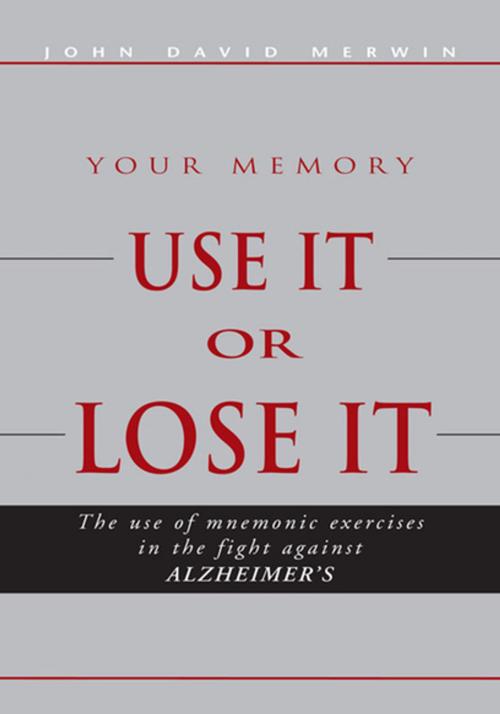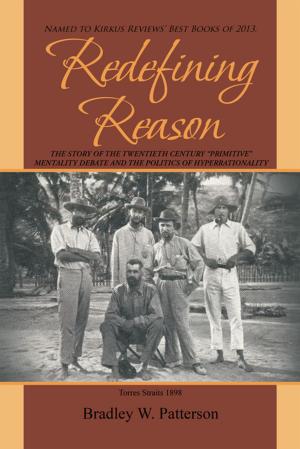Use It or Lose It
The Use of Mnemonic Exercises in the Fight Against Alzheimers
Nonfiction, Health & Well Being, Self Help, Self Improvement, Memory Improvement| Author: | John David Merwin | ISBN: | 9781462819072 |
| Publisher: | Xlibris US | Publication: | April 12, 2004 |
| Imprint: | Xlibris US | Language: | English |
| Author: | John David Merwin |
| ISBN: | 9781462819072 |
| Publisher: | Xlibris US |
| Publication: | April 12, 2004 |
| Imprint: | Xlibris US |
| Language: | English |
USE IT OR LOSE IT
This little volume has been designed as a self-help tool for anyone intent on improving his or her memory skills. While it is an accepted fact that physical exercise is an essential element in maintaining a healthy body, there is seldom, if ever, a suggestion that regular brain exercises might play an important role in improving memory or in restoring a healthy brain. The author draws upon his personal experience and the extensive study of memory phenomena over a span of half a century in selecting and presenting a series of exercises, which, if conscientiously followed, can achieve meaningful results. Recent clinical studies at Londons University College and at the Albert Einstein Hospital in the Bronx, New York, confirm that Alzheimers patients who are beginning to forget names can learn to remember. After just one month of training several of the patients showed considerable improvement. Many of the feats of memory, which are recommended in the later chapters of this volume, are beyond the comprehension of the uninitiated and are often referred to as miracles. They are, in fact, nothing more than the achievements of anyone who is truly determined to succeed in improving and/or restoring his or her memory. Should the mnemonic exercises described and recommended herein also prove helpful in improving the mental condition of persons in the early stages of Alzheimers the authors fondest hopes will surely be realized.
USE IT OR LOSE IT
This little volume has been designed as a self-help tool for anyone intent on improving his or her memory skills. While it is an accepted fact that physical exercise is an essential element in maintaining a healthy body, there is seldom, if ever, a suggestion that regular brain exercises might play an important role in improving memory or in restoring a healthy brain. The author draws upon his personal experience and the extensive study of memory phenomena over a span of half a century in selecting and presenting a series of exercises, which, if conscientiously followed, can achieve meaningful results. Recent clinical studies at Londons University College and at the Albert Einstein Hospital in the Bronx, New York, confirm that Alzheimers patients who are beginning to forget names can learn to remember. After just one month of training several of the patients showed considerable improvement. Many of the feats of memory, which are recommended in the later chapters of this volume, are beyond the comprehension of the uninitiated and are often referred to as miracles. They are, in fact, nothing more than the achievements of anyone who is truly determined to succeed in improving and/or restoring his or her memory. Should the mnemonic exercises described and recommended herein also prove helpful in improving the mental condition of persons in the early stages of Alzheimers the authors fondest hopes will surely be realized.















